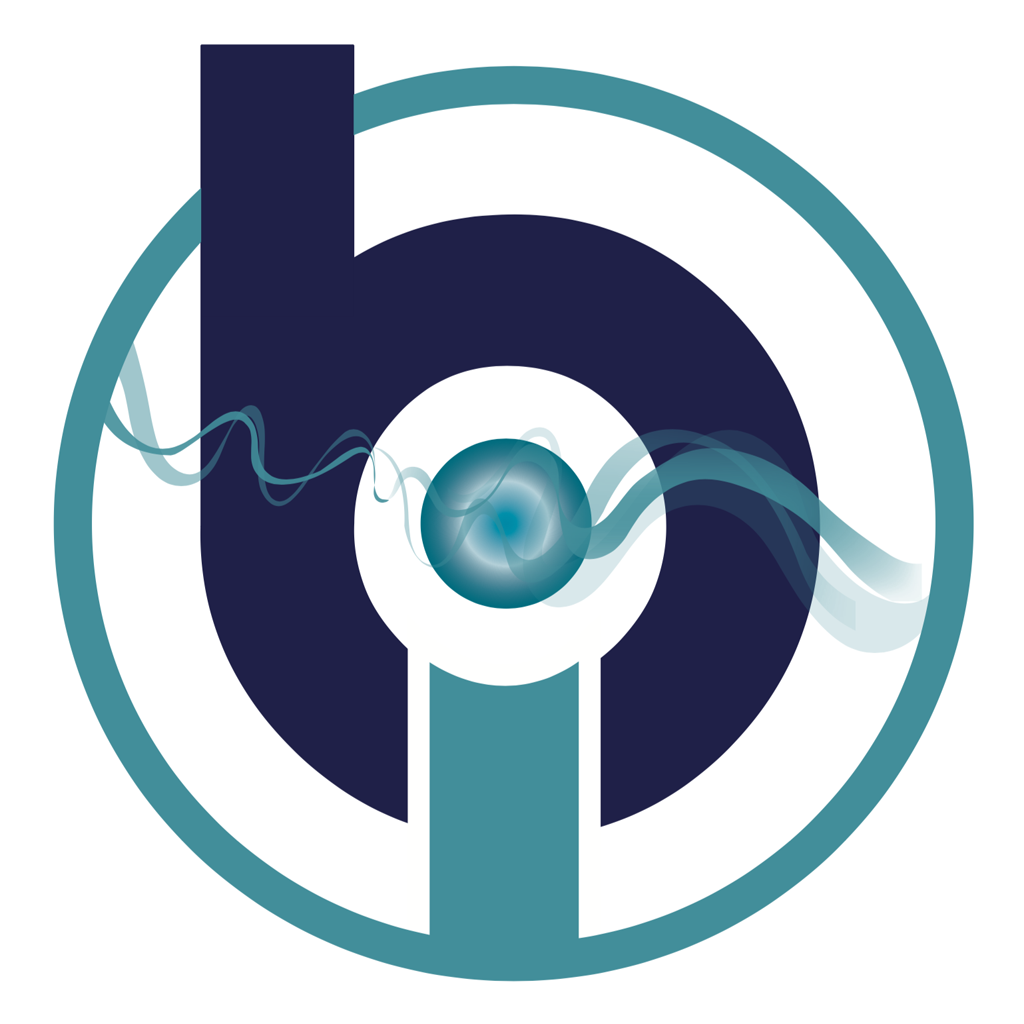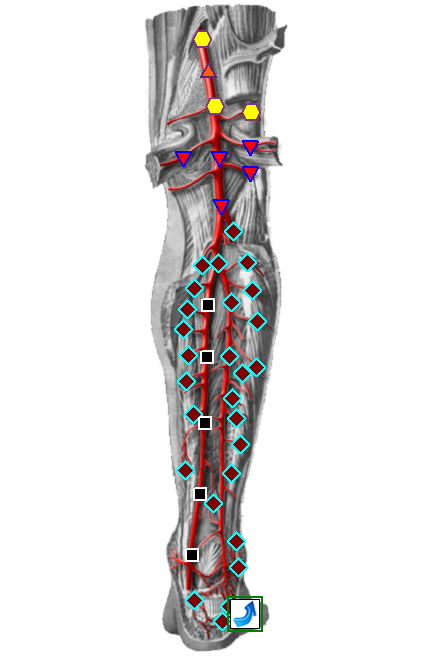The BICOM® BodyCheck is a useful tool for locating dysfunction in the body in order to help guide the investigative and treatment processes. This can be achieved by carrying out a full-body scan in person or by testing a small sample of blood.
One man who had been battling a range of chronic health conditions turned to BICOM® BodyCheck for help. Since he lived over 400 miles away and it would have been difficult for him to be travelling between there and Leeds for treatment, he wanted to know whether or not sending a blood sample to be tested would be as beneficial as being at the practice in person to receive a full-body scan.
As well as seeking treatment for himself, he was interested in purchasing a BICOM® BodyCheck machine so that he could pursue his dream to use this device to help others to improve their health. However, being a single parent who had been left unable to work as a result of poor health, he needed to be sure that the investment would be worth it and that he wouldn’t be left out of pocket.
In his initial email, he identified the key health problems that he was struggling with. For many years, he had suffered from insomnia, Chronic Fatigue Syndrome (CFS), Myalgic Encephalomyelitis (ME) and Fibromyalgia. As well as these long-term health problems, he failed to mention that he had also recently developed a feeling of weakness down the right-hand side of his body that he attributed to neurological damage, caused by emotional trauma. He described this as being as if a fuse had blown in the left side of his brain. This had been diagnosed as Functional Neurological Disorder, despite MRI scans not showing any problems with the brain and spinal cord. He felt that his most recent health problems were the consequence of having had chronic fatigue for many years.
The man was asked to send a blood sample, consisting of just 2 drops of blood on the tissue. One drop of blood was placed in each headset of the BICOM® BodyCheck machine and a standard scan was run. This measures the stress on different parts of the body on a scale of 1-6, with between 1 and 3 being considered normal and between 4 and 6 being stressed, with 6 the most stressed.
Surprisingly, most of the body showed energetic levels within the normal range and the brain scan was also normal which supported the conventional tests. Some areas, however, showed Epstein Barr Virus (EBV) was present. Also, all the way up the right leg was showing stress with scores of 4 or 5, which was highly unusual, especially given that the client hadn’t mentioned any problems with his leg.
When these results were discussed with the client, he revealed that he had been experiencing a severe limp in his right leg as well as pain in it. The test results indicated that EBV was the most likely cause of his symptoms, we were not sure that this was the problem but very impressed that the scanner had identified the problem leg from just 2 samples of dried blood.
Now the client is receiving treatment for EBV locally, improvement in symptoms is the only way to determine if this is the cause of his symptoms.
This case study is an example of how the BICOM® BodyCheck can be used to help pinpoint problem areas in the body with great accuracy so that a more targeted treatment plan can be put in place.
[product id=”” sku=”sku_10336″]

